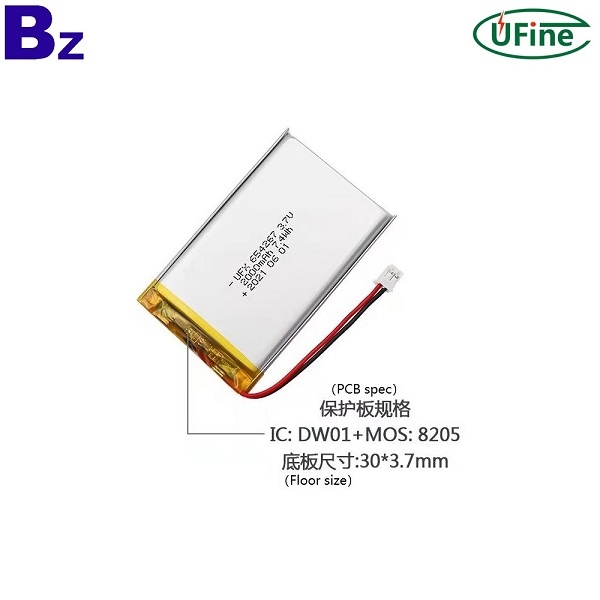Will Li-ion batteries explode if they are overcharged? Speaking of battery explosion, the first thing that comes to mind is the explosion of lithium-ion batteries. Many people think that lead-acid batteries will not explode. Compared with lithium-ion batteries, lead-acid batteries are slightly safer, but there are also many explosions. The current market competition is extremely fierce. In order to reduce the cost of batteries, some unscrupulous businesses use inferior plates, which can easily cause short circuits and even cause batteries to catch fire and explode.

Lithium-ion batteries will explode
Lithium-ion batteries have a risk of explosion, which is caused by a process called "thermal runaway" inside the battery. "Thermal runaway" is a positive energy feedback loop: an increase in temperature will cause the system to heat up, and the system will heat up, which in turn will make the system hotter. Thermal runaway is a very common phenomenon. Thermal runaway can occur in a large number of physical and chemical processes from concrete curing to starburst.
Many serious "battery" accidents are not actually battery explosions, but accidents or electrical explosions caused by accidents in the controller or controller system. The scale of the explosion was small, and many were just sounds and sparks. In this case, fire is the greatest danger. The most serious situation is that the battery really exploded. One situation is that the quality of the battery is poor, there is no safety valve or the safety valve is damaged, and the pressure cannot be relieved. When the internal pressure of the battery is too high, it will explode. Another situation is that the battery charger malfunctions, causing overcharging, causing hydrogen gas to be released inside the battery. When hydrogen and oxygen are mixed in a certain ratio, deflagration occurs.
Reasons for the explosion of lithium-ion batteries
1. Piercing: Compared to short circuit and overcharge, piercing a lithium-ion battery is also a very unwise approach. If the lithium-ion battery is pierced by any hard object, the internal lithium ions will directly react with oxygen in the air, and violent combustion will also occur.
2. Prevent high temperature and fire: high temperature or fire will also cause explosion and burning of lithium-ion batteries. Especially in the hot summer or in a car exposed to the sun for a long time, the ambient temperature of the lithium-ion battery will be higher than its normal storage temperature
3. Overcharging of the battery cell: In the state of long-term charging, over-charging will cause high temperature and high pressure, which may be dangerous. Under special conditions such as special temperature, humidity, and poor contact, lithium-ion batteries may instantaneously discharge and generate a large amount of current, leading to spontaneous combustion or explosion.
4. Charging causes the battery to explode: charging while playing with the phone will cause the charging time to become longer. Charging for a long time will increase the temperature of the phone, making it more prone to explosion.



